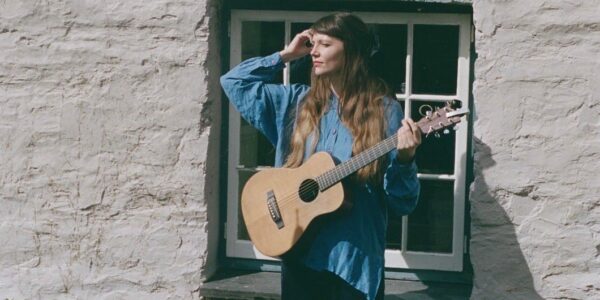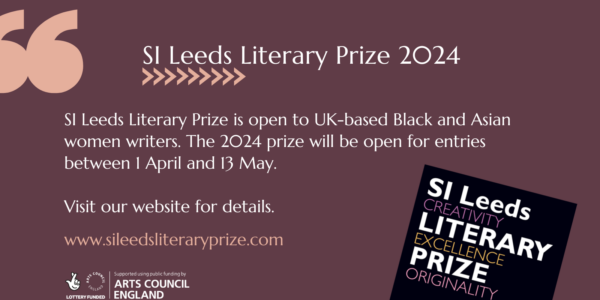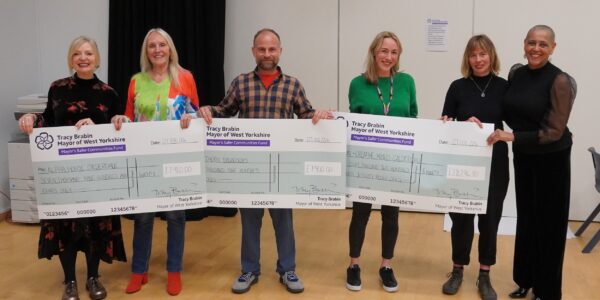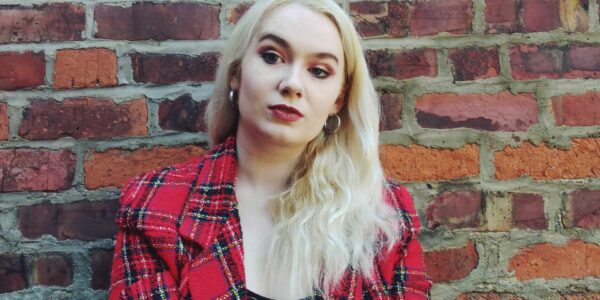On not making things up – by Diana McCaulay
24 Nov 2014 / General
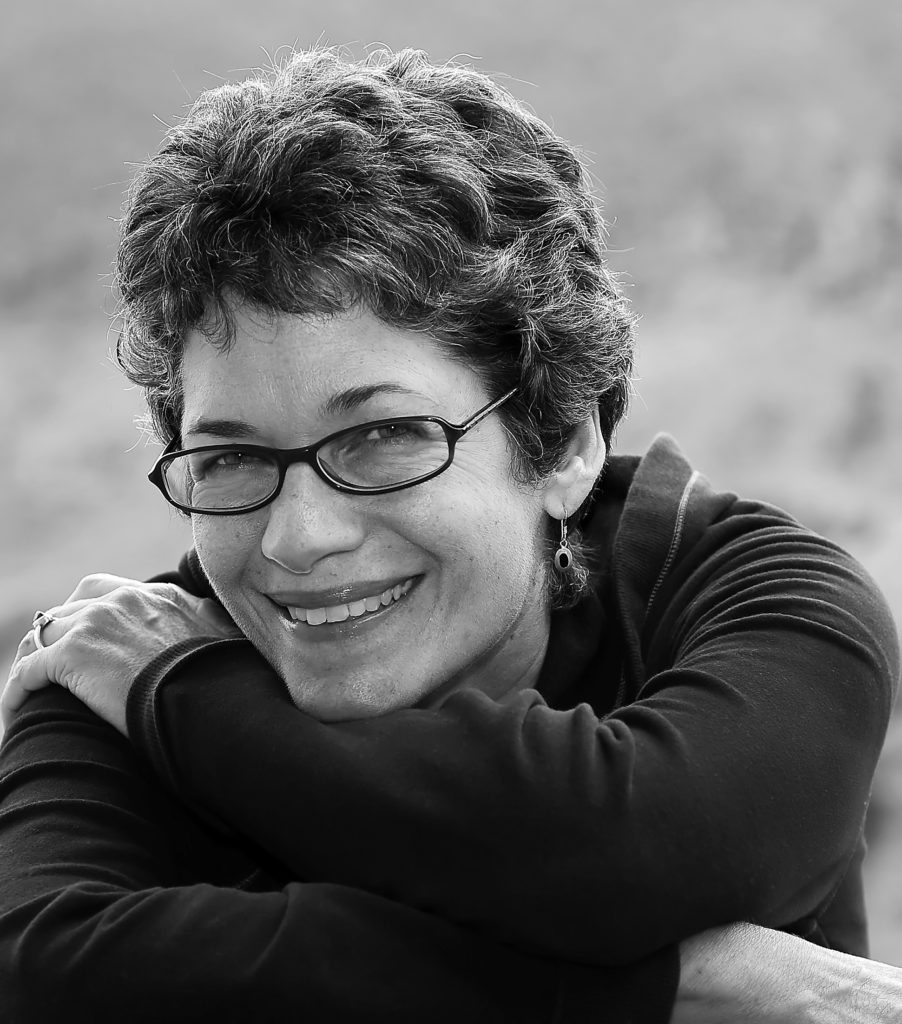
Diana McCaulay is this year’s winner of the Hollick Arvon Caribbean Writer’s Prize. The prize is an annual award which allows an emerging Caribbean writer living and working in the Anglophone Caribbean to devote time to advancing or finishing a literary work, with support from an established writer as mentor. It is sponsored by the Hollick Family Charitable Trust and Arvon, in association with the non-profit organisation the Bocas Lit Fest.
Meet Diana McCaulay and her mentor Melanie McGrath and join their conversation about Jamaica, memory, history and responsibility on Monday June 1st 7pm. This is a free event but spaces are limited. Book here.
*
Loving Jamaica is my first long work of non fiction. It’s also my first memoir. And I’m yearning for fiction. Why? Because writing fiction is about making things up – interesting things happening to interesting people. If a story you’ve written strikes you as boring, you (not-so-simply) put your imagination to work. What else could happen here? you ask yourself. You niggle endlessly at your characters – would they do this, could they do that? You reinvent their backgrounds, you change the ground in which you planted them, you create influences – a teacher, a friend, a ghost. You go to bed at night thinking about the people in your story and answers come to you in swirls of dreaming. You can call down anything upon them – family quarrels, blindsiding tragedies, riots and civil commotion, and the infinite cataclysms of nature. You can make trees talk and skies weep, even if your editor will tactfully remind you about pathetic fallacies. You can occupy the heart of one or a few main characters or you can float above them all with the point of view of a god. In non fiction, you’re stuck with the truth – if there was no earthquake, no matter how much one is needed on the page, you can’t put it in. And worst of all, if you’re writing memoir, you’re also stuck with one character – yourself. And you are no mystery, there’s no happy voyage of discovery, in fact, as you write about your life, which seems less and less interesting with every word, you feel only one emotion: shame. Not a crippling shame; you’ve not committed genocide, but the uneasy shame of an unjustified arrogance that your life is of interest to anyone else, interesting enough to read about for 60,000 words or so, that an account of any aspect of your life is worth a single sheet of paper.
Then there’s the vexed question of what to put in and what to leave out. You write an account of a childhood birthday party when you ripped your party dress and got into trouble and when you reread it a few days later, you delete it. Who cares, you ask yourself. Your life is brimming with minutiae – how to select those events that tell some universal truth?
I want to write about the place where I was born – the island of Jamaica. I want to write about my struggles as an environmental activist. When I envisaged this book, I imagined the places telling the story. I would be the conductor and the landscape would make the music. The first 200 pages zipped by. This book is writing itself, I thought. I sent it to my writing mentor, Melanie McGrath. She came back with encouraging words of admiration but also the truth – the environmental story is the same no matter what the place. You need to be more in these pages. I bleated back – I don’t want to write about myself! She answered – it is hard to write about yourself. Nevertheless, that is the task.
That is the task. I felt overcome. And I put down Loving Jamaica. Told myself I was taking a break to read around the subject. Asked for recommendations from Melanie and she sent them. My new book is non fiction, I told myself, I need to be versed, erudite – this book is not merely the flight of my imagination. I would need to be sure of my ground, to refer to other texts. I ordered six hardcover books, including Milton’s Paradise Lost. They arrived. I started reading – George Monbiot’s Feral, Naomi Klein’s This Changes Everything, Frank Fonda Taylor’s To Hell with Paradise, William Cronon’s Uncommon Ground, Gregory Claeys’s Searching for Utopia. I told myself reading was pursuant to writing.
I have read all my reference books now and I have made my notes. I do have interesting tidbits of fact to add to Loving Jamaica – for instance, did you know the word “tourism” did not exist in the English language before the Industrial Revolution? The words of other writers churn in my head – do I agree with Monbiot that we are in a state of ecological boredom? I am not sure I do. The diminishment of the natural world seems to be a relief to most of us – our overwhelming desire is for comfort and safety and to hell with the wolves. We’re perfectly content with nature as mural. Klein sets me thinking about the dominant economic system of our age – capitalism – and I invite an economist friend for coffee. He’s a climate change skeptic and this is what I put to him: Let’s agree on a thought experiment. Let’s agree that global climate change is the greatest threat humanity has ever faced. OK, he says. How, I ask him, are we going to keep fossil fuels in the ground under capitalism? He does not have a good answer.
I find Milton too overtly Biblical, and I shelve Paradise Lost on my shelf of classics, most skimmed and not read. Uncommon Ground challenges me with the plain truth that there is no static state of pristine nature and that people have wrought massive changes to the earth from the beginning. How to decide which of those changes are allowable and which to fight against? What is the proper place of human beings in nature? I read about the history of Jamaica’s tourism industry in To Hell with Paradise and the descriptions of Kingston in the 1800s could easily be found in yesterday’s newspaper.
But reading is not writing. Do I feel ready to return to my own words now, my own ideas? Ready – yes. Anxious – no. I still feel unfit for the task of tackling these sweeping, complex questions through the prism of my own experiences. I wish I could write from the point of view of an ant, or perhaps from the mind of the island itself. I wish I could write as observer and not participant. I wish I could make things up.
But that is not the task.
